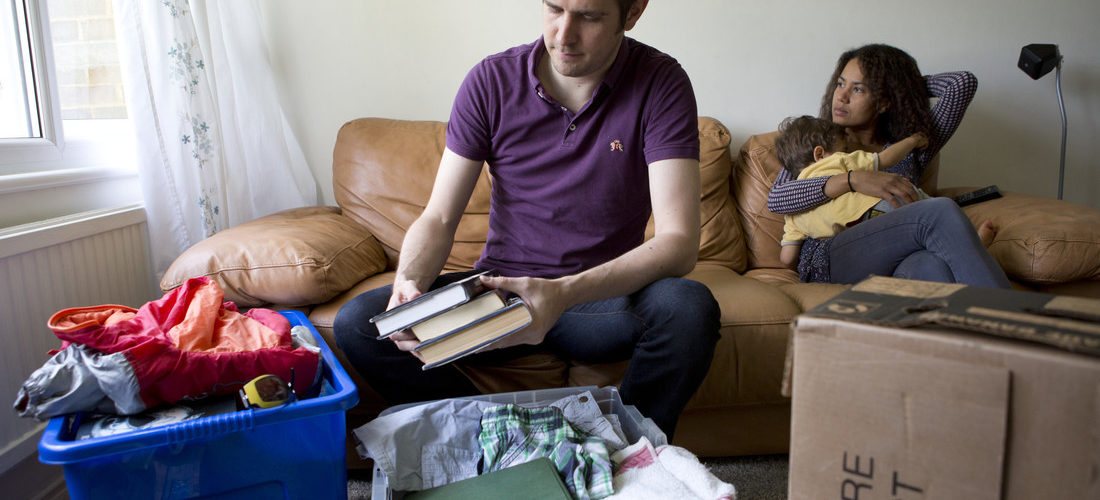People move in and out of properties every day. More often than not, the beginning and ending of tenancies go without any major problems – and words like ‘eviction’ never come into play. But it can happen, and it is a daunting prospect if you’re ever faced with it.
Whether it’s due to rental arrears or your landlord wishing to sell or redevelop the property, an eviction can happen for a number of reasons if you’re a private tenant. Whether it’s carried out lawfully or not, the whole process can be horribly disruptive – especially if you’re not aware of your legal rights.
‘Eviction’ may be a grim word, but if any silver lining can be found, it’s that it does carry with it a proper process. So with that said, here are some important points to consider if you’ve just been given a notice to quit:
- Can your landlord just ‘throw you out’? The answer is no. A landlord is required by law to carry out the right procedure to evict you; that means giving the proper notice (and in writing). If they don’t, you can challenge and even stop the eviction.
- Get to know your rights. The eviction process varies according to your tenancy agreement, so there’s no ‘blanket’ answer for what you should do when faced with an eviction. First find out which kind of tenancy agreement you have and read the small print in the contract. No matter what, your landlord must stick to these rules if they want to evict you.
- Never be afraid to ask for help. There is always a correct process for eviction and there is always advice available to you.
- You might be able to stop it. Even if your landlord’s done it by the book, seeking the right advice could mean there is still a way to stop the eviction. This isn’t always possible, but it is always worth finding out.
- If you can’t stop the eviction, you can seek advice on your housing options. It may be that you’re entitled to help from your local authority if you were to be assessed as homeless.
One of our Private Tenants’ Panel members from Edinburgh, Diane, spoke to us about her experience with eviction. She has a long-standing mental health problem and has a great track record of paying her rent on time, keeping the property in good condition and getting on with neighbours. So why was she evicted? A few years ago, she found herself answering the door to sheriff officers, telling her she had to leave her flat. “I was really, really upset”, she said. “I still don’t know why I had to leave. I was never really given a reason, although I have since heard the landlord’s son moved into the flat.”
It sounds unfair, but Diane sadly couldn’t dispute her eviction because it was all carried out legally. She was on a monthly rolling Short Assured Tenancy, meaning that as long as her eviction fell on the end date of her tenancy, technically no grounds for eviction needed to be given.*
But what happens when the rules are broken? LivingRent’s story of a Glasgow Mother’s eviction experience is just one of many you (and certainly we) might’ve heard before, such as a landlord turning up out of the blue and threatening their tenant out of the property, or perhaps an unsuspecting tenant returning home to find all the locks have been changed and their possessions left outside! This is in fact illegal eviction and harassment, and you should always seek help if you suspect or experience it.
It’s clear from such stories, and from calls to the Shelter Scotland helpline, that if more landlords and tenants knew their legal rights and responsibilities then many instances of unlawful eviction – and ultimately homelessness – could be avoided.
If you’re ever worried you might be asked to leave your home, find out about the preventative measures you can take against eviction.
*Within the next 6 months or so, a private landlord WILL need to give grounds for eviction as the same tenancy laws will no longer apply. There will be more information on this coming soon, so keep an eye out.


